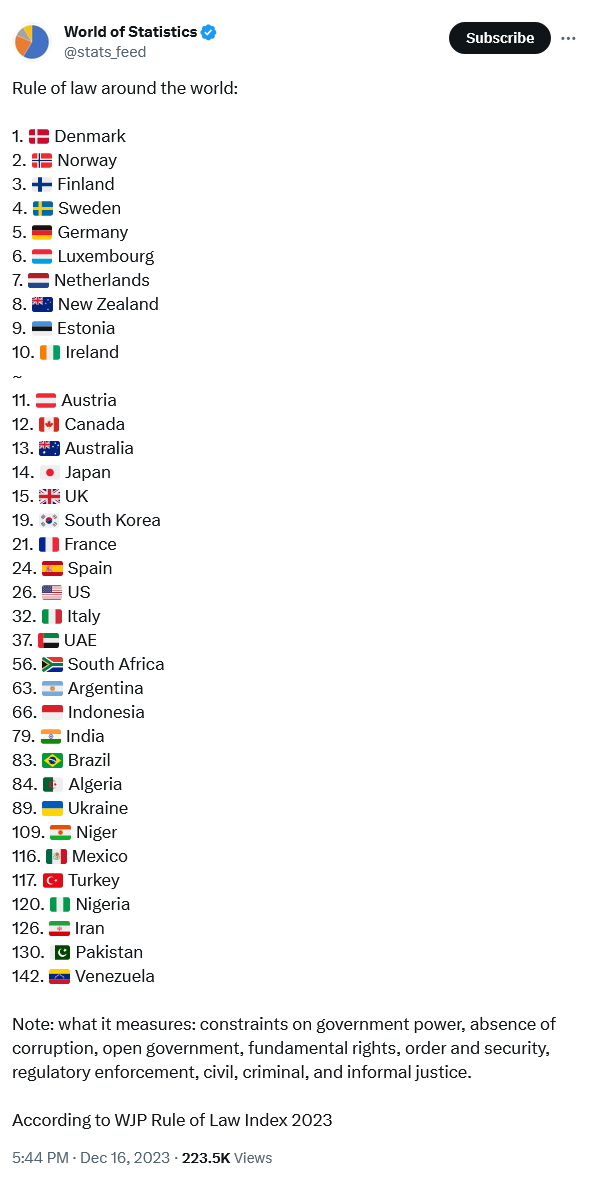#Trump2024 #GreatDepression #AmericanIsolationism #MiddleEastPolicy #EconomicNationalism #USPolitics #AmericanHistory #AbrahamAccords #UkraineRussiaConflict #AmericanEconomy #TrumpAdministration #Isolationism #EconomicPolicy
Trump’s Return: A New American Isolationism and the Echoes of the Great Depression
The anticipation surrounding Donald Trump’s potential return to the White House in 2024 has sparked a debate on how his administration might reshape America’s future. Drawing fascinating parallels to the political shifts of the Great Depression, Trump’s nationalist and isolationist policies echo a historical desire to turn inward in times of hardship. His approach promises change at a time when many Americans feel strained by economic challenges and weary of international conflicts. This analysis examines what Trump’s presidency might mean for domestic policies, Middle Eastern diplomacy, and America’s global standing.
Historical Parallels: The Great Depression and Modern America
The Great Depression devastated American livelihoods, leading to a rejection of conventional politics in favor of leaders who promised a new direction. Today, amid inflation, wage stagnation, and post-pandemic economic concerns, voters find themselves resonating with a similar yearning for drastic change. Trump’s “America First” philosophy taps into this sentiment, proposing a focus on national prosperity over international entanglements.
Just as the Great Depression triggered a political shift, Trump’s potential return represents a desire for self-reliance, job creation, and a pushback against globalization—policies that resonate with those disillusioned by the current economic outlook.
Economic Policies: Nationalism and Self-Reliance
Trump's administration is expected to focus on economic nationalism, reminiscent of the 1930s New Deal approach. His proposed policies aim to prioritize American industries, reduce reliance on foreign imports, and potentially incentivize U.S. manufacturing. This strategy, inspired by historic measures to boost domestic growth, is designed to address today’s wealth inequality, job loss, and the high cost of living.
This approach may appeal to Americans struggling with rising costs and stagnant wages, yet it poses challenges to global economic alliances. A turn inward could lead to short-term economic gains for the U.S. but risks impacting trade relationships and increasing production costs for American businesses.
Middle East Diplomacy: Temporary Peace, Strategic Deals, and the Abraham Accords
A second Trump term could bring significant shifts in the Middle East, especially in relation to the Abraham Accords and recent Gaza-Israel tensions. Reports of backdoor channels involving Trump’s son-in-law Jared Kushner and Israeli Prime Minister Netanyahu suggest a renewed focus on achieving a temporary peace between Israel and Gaza. However, critics argue that these accords prioritize immediate diplomatic wins over lasting stability.
Trump’s administration may also support ambitious infrastructure projects, such as an economic corridor through Palestinian land, intended to foster economic growth. While such projects could create new opportunities, they may exacerbate underlying conflicts in the region. The Abraham Accords may ultimately face challenges if underlying grievances remain unaddressed, revealing them as more of a symbolic victory than a substantive peace strategy.
Ukraine-Russia Conflict: Rethinking U.S. Involvement
Trump’s stance on the Ukraine-Russia war may diverge sharply from current U.S. policy. His previous rhetoric suggests a preference for reducing American involvement and focusing on negotiations with Russia, potentially scaling back financial and military support for Ukraine. Such a move could strain relations with European allies, but it aligns with Trump’s prioritization of American resources over foreign conflicts.
Much like America’s reluctance to engage in European wars before World War II, Trump’s approach may appeal to Americans fatigued by the financial cost of foreign interventions. A withdrawal from Ukraine support could lead to new diplomatic challenges in Europe, shifting the responsibility to NATO allies and marking a potential realignment of U.S. foreign policy.
A Glimpse Into the Future: What to Expect from Trump’s America
As America faces rising tensions and economic hardship, a second Trump administration could result in several impactful changes:
Increased Economic Self-Reliance: With a focus on reducing reliance on global supply chains, Trump may implement policies favoring American-made goods, potentially reinvigorating U.S. manufacturing but risking increased consumer prices.
Shifted Middle Eastern Strategy: Short-term peace deals with Gaza and other strategic partnerships may be pursued. The Abraham Accords might be reconsidered, with an emphasis on U.S.-led economic corridors that could stir controversy and heighten tensions.
Reduced European Commitments: A pivot from NATO and reduced involvement in Ukraine could signify a pullback from European alliances, realigning American foreign policy and placing greater responsibility on European nations.
Populist Domestic Policies: With economic struggles likely to continue, Trump’s populism may prioritize job creation, infrastructure development, and other domestic investments, resonating with working-class Americans seeking change.
Global Power Dynamics Shift: As the U.S. potentially retreats from global leadership, other powers such as China, Russia, and regional Middle Eastern players may grow bolder, shifting the global balance of influence in ways that could challenge American interests.
Conclusion: The Complex Path Ahead
History offers insights into America’s potential future as the nation contemplates a return to isolationism. Trump’s policies, while potentially addressing some domestic challenges, could redefine America’s role in an increasingly interconnected world. The impact of isolationism, economic nationalism, and transactional diplomacy may provide short-term relief but could challenge the U.S. as it navigates the complexities of global influence.
Just as the Great Depression transformed America, Trump’s potential presidency may reshape the nation, fostering self-reliance at home and redefining relationships abroad. However, sustaining these gains will require careful balance and strategic foresight, ensuring that history’s lessons guide America through this transformative chapter.
With this historical perspective and understanding of present-day complexities, Americans, and the world at large, are watching closely. The outcomes of Trump’s second term—if it comes to pass—will reverberate for years to come, defining a new chapter in American leadership and global strategy.
-----













